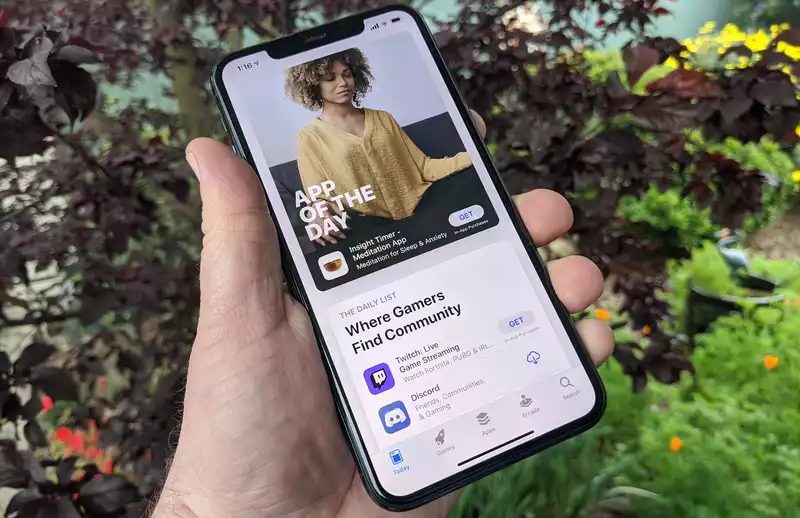One of the most often heard arguments in favor of Apple's closed ecosystem is that it is easier to control what appears in the App Store That means there isn't as much spam and potentially harmful content At least not on the same level as places like Google Play
Even Apple doesn't seem to catch everything One developer has begun criticizing the company for letting scam apps run wild on its platform due to lax rules
Kosta Eleftheriou, developer of the FlickType Watch Keyboard, recently posted a Twitter thread detailing the modus operandi of such scams It basically boils down to apps that start charging exorbitant recurring fees, in one case extracting $10 a week from each user
Apparently, these apps have slipped under the radar thanks to a system of fake reviews, lulling people into a false sense of security As Eleftheriou states in his thread, checking the 1-star reviews gives a more accurate picture of what is going on In other words, users who have been caught up in a scam are trying to warn other users not to get caught up in the same situation
Speaking to The Verge, Eleftheriou said that it is not just one aspect of the problem that concerns him It stems from what he calls inconsistent App Store rules and lazy moderation And it's all exacerbated by broken algorithms that allow scam apps to appear higher than real apps made by small teams
It is further exacerbated by the fact that many of these scam apps use assets and promotional materials from real apps In another Twitter thread, he discusses problems with a "practically useless" Apple Watch keyboard app that was competing with his app Despite not actually working, the app charges $416 per year and is marketed using Eleftheriou's promotional videos
Eleftheriou also claims that Apple is only interested in issues that attract media attention, such as the ongoing dispute between Apple and Fortnite developer Epic Games Obviously, Apple has removed some of the apps that Eleftheriou complains about, but publishers can still list new software in the app store Essentially, the initial removal is a futile gesture
Obviously, no one wants to be charged hundreds or thousands of dollars The best way to avoid this type of scam is to identify these apps before you download them If you see an appealing app from a developer you don't recognize, be sure to check out the reviews
Check the one- and two-star reviews as well as the potentially fake four- and five-star reviews to see what others are saying If hidden fees or subscription fees are mentioned, avoid them at all costs
If you download an app, scams often ask you to "unlock," "activate," or other variations of these words before you can actually use it Often, these apps make no mention of money or subscriptions up to this point, showing only a blank screen with a confirmation button
Some will tell you exactly how much you need to pay, but you still cannot access the app's features unless you agree to subscribe After subscribing, you will notice that it does not work as promised If in doubt, uninstall and move away
Similarly, if they ask you to pay without a free trial, you should definitely avoid them This assumes that you are using an app from an unknown developer, not a service like Netflix, which stopped offering free trials some time ago Don't assume that just because there are no additional fees listed on the app store page that there are no additional fees
Finally, always keep an eye on your credit card bill and alert them to any suspicious activity In any case, it is financially prudent to do this, but it is an extra precaution because some people are fooled by high recurring payments That way, if they do fall for it, they will know immediately that something is wrong You may be able to get a refund if you report it to your credit card company
Most importantly, be cautious, even with developers you think you can trust And remember the old saying










Comments